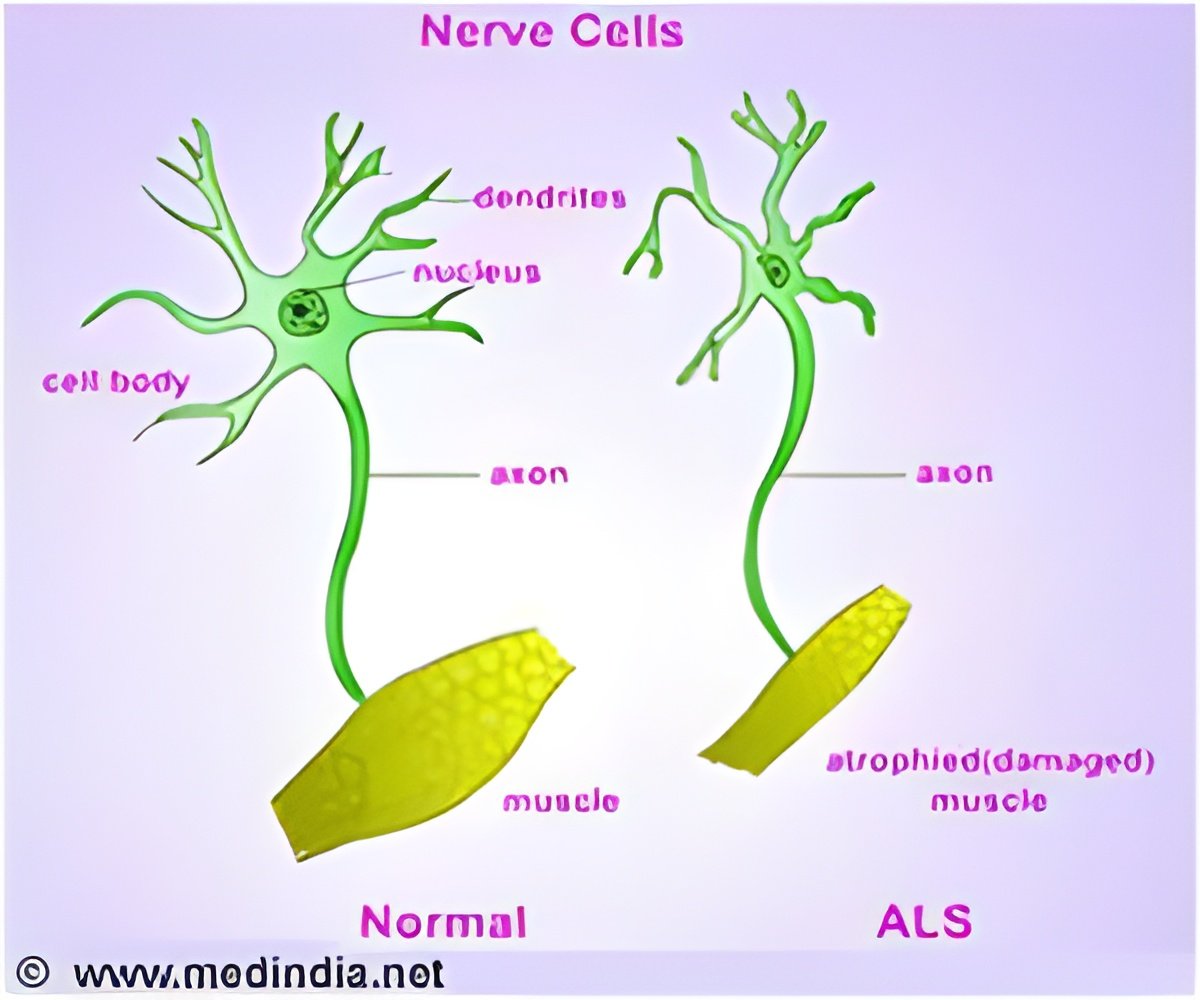
Stronger global regulatory measures are required to reduce commercial gambling’s influence on global health and well-being. It is estimated that 80 million adults worldwide suffer from a gambling condition or problematic gambling(1✔ ✔Trusted Source
The Lancet Public Health Commission on gambling
).
In addition to participants with first-hand knowledge of the negative effects of gambling, the Commission assembled a multidisciplinary group of top authorities in public health, global health policy, risk management, and regulatory policy.
“Gambling poses a threat to public health, the control of which requires a substantial expansion and tightening of gambling industry regulation,” the Commissioners identified after analyzing the literature and the data produced by a systematic review and meta-analysis.
Most people assume gambling as traditional Las Vegas casino or buying lottery tickets. At present reality of gambling involves large technology companies deploying a variety of techniques, so people engage more frequently that can be harmful.
Harms from gambling include physical and mental health problems, relationship breakdown, heightened risk of suicide and domestic violence, increased crime, loss of employment and financial losses.
Anyone with a mobile phone now has access to what is essentially a casino in their pocket, 24 hours a day. Highly sophisticated marketing and technology make it easier to start, and harder to stop gambling, and many products now use design mechanics to encourage repeated and longer engagement. The global growth trajectory of this industry is phenomenal.
Effective and well-resourced regulatory controls and international leadership are urgently needed to reduce the impact of commercial gambling on public health and protect progress on UN Sustainable Development Goals.
Advertisement
Extent of Gambling Disorder
A systematic review and meta-analysis conducted for the Commission estimates that approximately 448·7 million adults worldwide experience any risk gambling, where individuals experience at least one behavioural symptom or adverse personal, social or health consequence of gambling.
The new analysis also estimates that gambling disorder could affect 15·8% of adults and 26·4% of adolescents who gamble using online casinos or slot products, and 8·9% of the adults and 16·3% of the adolescents who gamble using sports betting products. Online casino and online sports betting are two of the most rapidly expanding areas for commercial gambling globally.
Commercial gambling is associated with financial losses and the risk of financial ruin, but it is also associated with physical and mental health problems, relationship and family breakdown, heightened risk of suicide and domestic violence, increased crime against property and people, and loss of employment.
The Commission report notes that this impact is not spread evenly through populations, and specific groups face an elevated risk of harms. These include children and adolescents who are routinely exposed to advertising of gambling products in ways that were unprecedented before the digital revolution. In addition, gambling is often embedded into the architecture of video games.
Speaking about those who are most vulnerable, Dr Kristiana Siste, Commissioner, of the Universitas Indonesia, said: “We need to take action to protect children from the harms of gambling. We know that early exposure to gambling increases the risk of developing gambling disorders later in life, and children and adolescents are particularly vulnerable to the allure of easy money and the game-like designs of online gambling.”
Advertisement
Role of the Gambling Industry in Protecting and Promoting its Interests
The Commission report describes how a complex ecosystem underlies the commercial gambling sector’s promotion of products and protection of its interests. This includes innovative digital marketing approaches rooted in deep surveillance to target consumers online, widespread sports and broadcast media sponsorship, and fintech.
The Commission report also raises concerns about how the commercial gambling sector undermines legitimate science on the impact of gambling, reframes discussions about gambling to promote individual responsibility and consumer freedom, and influences political processes around gambling regulation.
Professor Malcolm Sparrow, Commissioner, Harvard Kennedy School, explains the need for increased gambling regulation: “While the industry continues to promote gambling as harmless entertainment, countries and communities are experiencing rapidly increasing threats from gambling harms.”
“The Commission urges policy makers to treat gambling as a public health issue, just as we treat other addictive and unhealthy commodities such as alcohol and tobacco. We call for policy makers to make protection from gambling-related harms the primary and dominant regulatory focus, and to insulate the policy making process more effectively from industry influence”, he added.
Advertisement
Commercial Gambling Prevalent in Low Income Countries
Commercial gambling is available in over 80% of countries globally, with expansion escalating particularly quickly in lower- and middle-income countries, which often have a weak regulatory infrastructure to address this global industry and its harms. A heavy burden of harm falls on individuals who are already socially disadvantaged.
Given the widespread and escalating harms associated with gambling, the Commission report highlights multiple ways in which commercial gambling might seriously undermine progress towards UN Sustainable Development Goals. This includes hindering progress in key areas such as reducing inequality and poverty, improving gender equality, and improving health and well-being.
In-country Regulation Needed Along with International Efforts
The Commission calls for effective gambling regulation to be put in place in all countries, irrespective of whether gambling is legally permitted. This should include reductions in population exposure and the availability of gambling, through prohibitions or restrictions on access, promotion, marketing, and sponsorship.
The Commission recommendations also ask for the provision of affordable, universal support and treatment for gambling harms alongside well-resourced social marketing and awareness campaigns to raise awareness of harms.
The Commission stresses that global leadership will be needed to ensure gambling is prioritised as a global public health issue. It asks that UN entities, particularly the WHO, and intergovernmental organisations incorporate a focus on gambling harms into their strategies and work plans for improving health and wellbeing broadly.
A new international alliance should also be developed to advocate for reducing gambling harms and provide leadership, made up of people with lived experience of gambling harms, professional organisations and researchers. The Commission also calls for a World Health Assembly resolution on the public health dimensions of gambling.
Reference:
- The Lancet Public Health Commission on gambling – (https:www.thelancet.com/journals/lanpub/article/PIIS2468-2667(24)00167-1/fulltext)
Source-Eurekalert



